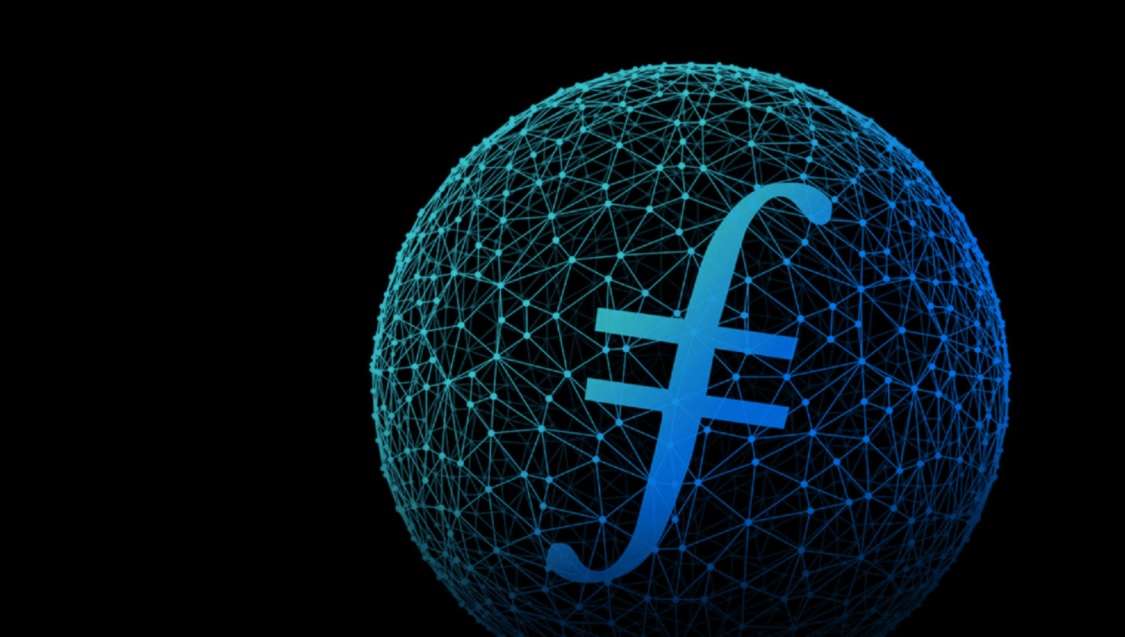ARTICLE AD BOX

- Belgium is looking to boost a European blockchain network during its presidency of the Council of the EU, with a focus on digital sovereignty.
- Belgium’s Digital Minister Mathieu Michel aims for a common EU digital infrastructure with blockchain technology to improve interoperability.
Belgium is set to take over the presidency of the Council of the European Union (EU), a body that brings together government ministers from member states. During his six-month term, Belgium’s Digital Minister Mathieu Michel plans to rally political support for an EU-wide blockchain initiative.
The effort seeks to give political momentum to Europe’s ambitious blockchain initiative when Belgium assumes the EU Council presidency in January, the country’s digital minister said in an interview with CoinDesk.
Vision for a Digital Infrastructure in the EU

Belgium to Push European Blockchain Network During EU Council Presidency
Mathieu Michel has already shared his vision of an EU-wide digital infrastructure that, at a minimum, could store records such as driver’s licenses and property titles on a common blockchain controlled by the bloc’s governments.
A key component of this plan is the EuropeanBlockchain ServicesInfrastructure (EBSI)initiative , which began in 2018 as a technical project. Michel said the goal is to push for political support for it during Belgium’s six-month Council presidency and that already eight member states are on board.
Prolific Regulation and Digital Sovereignty
According to Michel, applications of artificial intelligence and blockchain technology could be key to the EU’s quest for digital sovereignty, which encompasses control over data and authority over cyberspace .
The EU has been prolific in recent years when it comes to regulations for the digital space, introducing legislative plans for everything from crypto to artificial intelligence, data sharing, a digital euro and even the metaverse.
In fact, with the Market for Crypto Assets (MiCA) regulation finalized this year, the bloc is poised to become the first major jurisdiction in the world to have a comprehensive regime for the digital asset space.
Interoperable Applications and Data Privacy

EU-wide blockchain services could support the bloc’s pursuit of digital sovereignty
EU countries were briefed in 2020 on how to join the EBSI blockchain network by setting up their own nodes. But to avoid data silos, applications built on it must be interoperable across member states, something Michel said the blockchain can help achieve.
“We put a lot of attention on privacy, but also on transparency, control of data. And with blockchain, there’s a technical aspect that can give us that. And that is really, for example, interoperability between the application in France, Italy and Spain,” Michel said.
Challenges and Opportunities
Inviting political scrutiny to a technology project will not be easy. The EU’s grand plans for a digital version of the euro have faced opposition from lawmakers in the bloc concerned about privacy implications and expanding government control.
Michel asserts that a unified blockchain infrastructure will not be designed to collect new data from citizens. However, he admits that blockchain technology could be replaced by something completely different, such as quantum computing, which promises ultra-fast problem solving but is still far from materializing.
Belgium at the Forefront of EU Blockchain Innovation
Belgium’s initiative to boost the European blockchain network during its presidency of the Council of the EU represents a significant step in the adoption and development of emerging technologies at the government level.
With a clear vision and the support of several member states, this initiative could place the EU at the forefront of blockchain innovation, setting a precedent for transnational collaboration in the development of secure, transparent and interoperable digital infrastructures. Belgium’s presidency of the Council of the EU could be a crucial period in defining the digital future and market for cryptoassets.
.png)
 1 year ago
11
1 year ago
11








 English (US)
English (US)